Fish oil is considered the best source of bioavailable omega-3 fatty acids and has been well-studied for its health benefits.
Krill oil is another popular type of omega-3 supplement with similar benefits.
So, what’s the difference between the two?
Read on to learn about fish oil versus krill oil, including their differences, benefits, and which may be best for optimal health.
Fish Oil versus Krill Oil: What’s the Difference?
Fish oil and krill oil are both marine-based sources of omega-3 fatty acids, meaning they come from fish and seafood.
The primary difference is:
- Fish oil is sourced from fatty fish, such as salmon, tuna, sardines, herring, mackerel, and anchovies.
- Krill oil is sourced from a tiny shrimp-like crustacean known as Antarctic krill.
Both fish oil and krill oil are excellent sources of omega-3 fatty acids, including eicosapentaenoic acid (EPA) and docosahexaenoic acid (DHA).
Other differences between fish oil and krill oil are:
- Fish oil has a larger body of scientific research backing its benefits and is recommended by the American Heart Association
- The structure of omega-3s in krill oil is slightly different than in fish oil. This has led some experts to claim it is more bioavailable. However, studies verifying this are lacking.
- Fish oil is generally less expensive than krill oil
- Krill oil has a naturally reddish color, while fish oil is either clear or slightly yellow
- Fish oil has a higher concentration of EPA and DHA than krill oil
- Krill oil contains antioxidants not contained in fish oil, which may provide additional benefits
Next, we’ll explore more about the differences between fish and krill oil, including the pros and cons, which is more sustainable, and how to find a pure and safe product.
A Brief Overview of the Benefits of Omega-3 Fatty Acids
As you probably already know, omega-3 fatty acids from fatty fish, krill oil, and certain plants and algae provide a wealth of health benefits for:
- Cardiovascular function, including decreasing the risk of heart attack and stroke
- Cell health
- Cognitive function
- Eye health
- Hormonal balance
- Infant nutrition
- Inflammatory response
- Joint function
- Mood
- Overall cardiovascular health
- Skin health
- And more
Research has shown most Americans don’t get enough omega-3 fatty acids, especially in comparison to omega-6 fatty acids, which is why supplementation is often recommended.
A ratio of 1:1 to 4:1 (Omega-6 to Omega-3) is considered a healthy ratio.
Fish oil or krill oil provide a readily available source of omega-3s, which may help fill this common nutritional gap.
So, Which Is Healthier? Fish Oil Or Krill Oil?
Fish oil and krill oil likely impart similar benefits due to their concentrations of the omega-3 fatty acids DHA and EPA.
However, experts have their favorites, which can make choosing an omega-3 supplement confusing.
Here are some facts about fish vs krill oil to help guide your decision making:
- Fish oil and krill oil are both good sources of omega-3 fatty acids, including DHA and EPA
- Fish oil has a much greater depth of scientific research behind its benefits for heart health, inflammation, mood, and brain health due to its long-standing usage
- A few small animal studies suggest krill oil may be better absorbed than fish oil after serum concentrations were measured in blood samples. However, these were very small animal studies whose results have been questioned due to the type of fish oil used. Ultimately, more research on krill oil in humans is needed.
- A few small studies suggest the antioxidant astaxanthin, found in krill oil, may have specific heart-health benefits. However, the amount of astaxanthin studied was a higher concentration than naturally found in krill oil (astaxanthin is available as a stand-alone supplement at high concentrations).
- Some people believe krill oil is a higher-quality product because krill are lower on the food chain and therefore, have lower levels of heavy metals compared to larger fish. This may be true, however only end–product testing can verify the presence or absence of heavy metals, which are found in many foods and supplements, including fish, seafood, dairy, animals, and plants.
- Traditional food advocates argue that humans were never intended to consume krill, therefore fish oil is a more natural food/supplement. However, there is no evidence that consuming krill oil is harmful.
- Both fish oil and krill oil have been shown effective for inflammatory response, brain health, cardiovascular health, and joint health. However, as mentioned previously, the research behind fish oil is much more robust.
- Fish oil is generally less expensive and more widely available than krill oil.
- To date, no studies have confirmed that one form is better than another.
Ultimately, fish oil and krill oil are both a good source of omega-3 fatty acids and likely impart comparable health benefits, but more research on multiple forms of fish oil vs krill oil is needed to know if one is superior to the other.
Which is “Cleaner,” Fish or Krill Oil?
Concerns about heavy metal contamination from fish have led many people to consider alternative sources of omega-3s, like krill or algae oils.
However, fish oil sourced from a manufacturer who uses low-mercury varieties like salmon, mackerel, anchovies, herring, and sardines, and employs microfiltration and end-product testing to ensure a low or no heavy-metal product (like Country Life and other reputable brands) is the cleanest source of fish oil you’ll ever find.
If you buy cheaper versions, you may run the risk of contamination.
Krill oil may be lower in heavy metals than cheap fish oil, but again, the only way to know for sure is through end-product testing, so always learn about a company’s testing procedures before you buy.
The cleaner product depends on the processing and testing process.
Explore Country Life’s Clean & Sustainable Fish Oil Supplements
At Country Life, we offer a variety of omega-3 fish oil supplements sourced from low-mercury, fish such as salmon, mackerel, anchovies, herring, and sardines.
All our fish oil products are sourced from sustainably harvested cold water fish like salmon, mackerel, and anchovies, and are molecularly distilled to remove contaminants like heavy metals and tested for purity, integrity, and consistent levels of DHA and EPA.
We do not offer krill oil products at this time, due to concerns about sustainability and lack of research.
Some of our best-selling fish oils include:
- Omega-3 Fish Oil contains 1,000 mg of omega-3s, including EPA and DHA from clean cold water fish.
- Ultra Omegas DHA EPA contains our highest concentration of DHA at 500 mg, complemented with 200 mg EPA, all in only two softgels
- Omega-3 Mood: combines pure, highly concentrated omega-3 fatty acids, sourced from coldwater fish oil, with a small dose of vitamin E and pleasant lemon flavor for a mood-supporting formula.**
- Omega-3 Honey Gummies offer 100 mg of EPA and DHA in a clean, great-tasting, low-sugar gummy.
- Ultra Omega 3-6-9 provides you with a variety of omega fatty acids like EPA, DHA, alpha-linolenic acid, essential fatty acid linoleic acid, and monounsaturated fatty acid oleic acid from ultra-concentrated omega fatty acids from fish oil processed using molecular distillation to ensure purity, and from plant oils that are 100% expeller pressed without hexane or harsh chemicals.
Shop all Country Life omega-3 products here.
Talk to your doctor or healthcare practitioner about the best source of omega-3 fatty acids for you.
Learn More About Fish Oil And The Benefits Of Omega-3s In:
- Best Omega-3 Fatty Acids & Food Sources
- Why We Need Omega-3 Fatty Acids
- Should I Take Fish Oil With Food?
Sources mentioned in this article:
- “Omega-3 Fatty Acids”. The National Institute of Health Office of Dietary Supplements.
- “Health implications of high dietary omega-6 polyunsaturated Fatty acids”. J Nutr Metab.
- “Commentary on a trial comparing krill oil versus fish oil”. Lipids in Health and Disease.
- “Astaxanthin: a novel potential treatment for oxidative stress and inflammation in cardiovascular disease”. Am J Cardiol.
- “Krill oil improved osteoarthritic knee pain in adults with mild to moderate knee osteoarthritis: a 6-month multicenter, randomized, double-blind, placebo-controlled trial”. Am J Clin Nutr.
- “Krill oil protects dopaminergic neurons from age-related degeneration through temporal transcriptome rewiring and suppression of several hallmarks of aging”. Aging.
- “The efficacy of fish oil in preventing coronary heart disease: A systematic review and meta-analysis”. Medicine (Baltimore).
- “Omega-3 fatty acids in inflammation and autoimmune diseases”. J Am Coll Nutr. 2002
- “Effects of Omega-3 Polyunsaturated Fatty Acids on Brain Functions: A Systematic Review”. Cureus.
- “Overview of omega-3 Fatty Acid therapies”. P T. 2013.


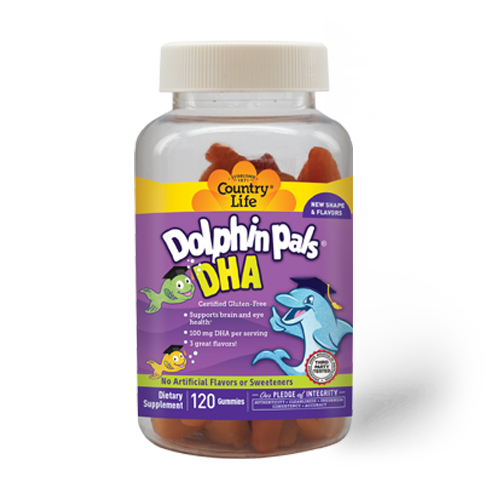
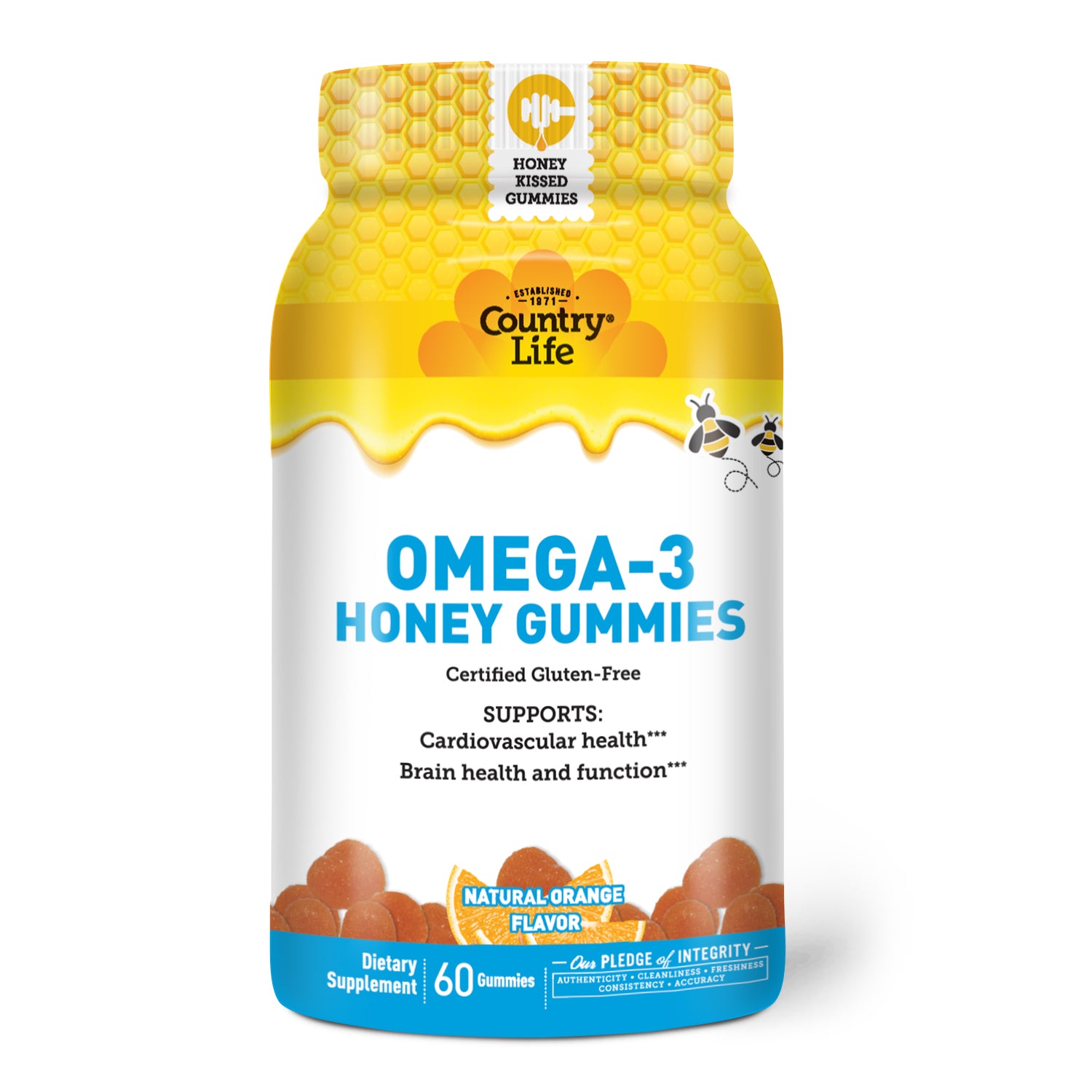
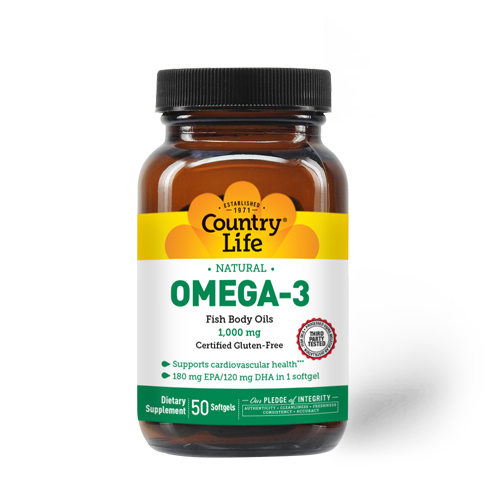
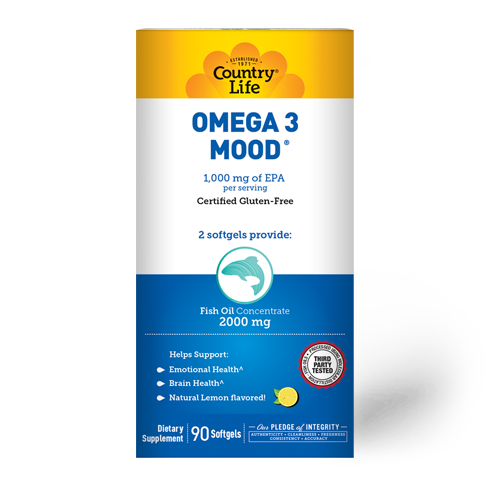
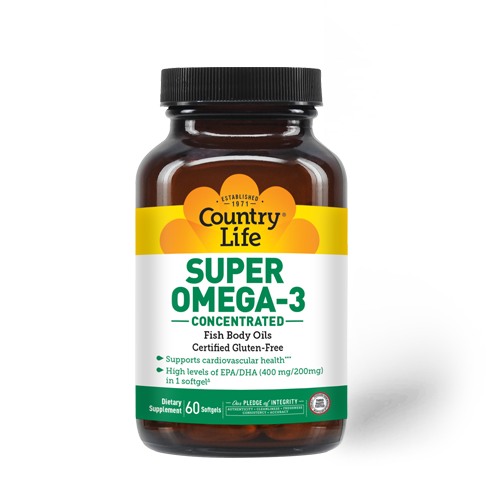
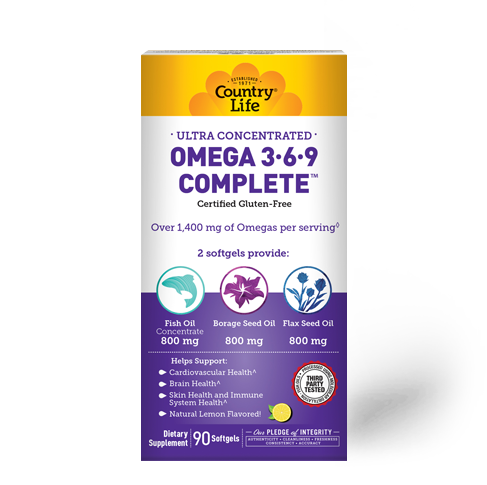
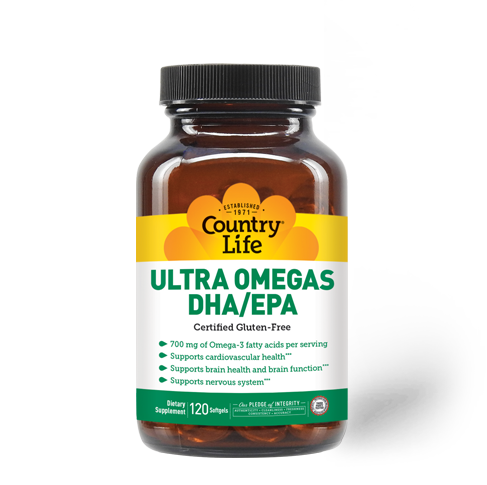










Share:
What are the Benefits of Taking Biotin Vitamins?
Are There Benefits To Taking Prenatal Vitamins When Not Pregnant?